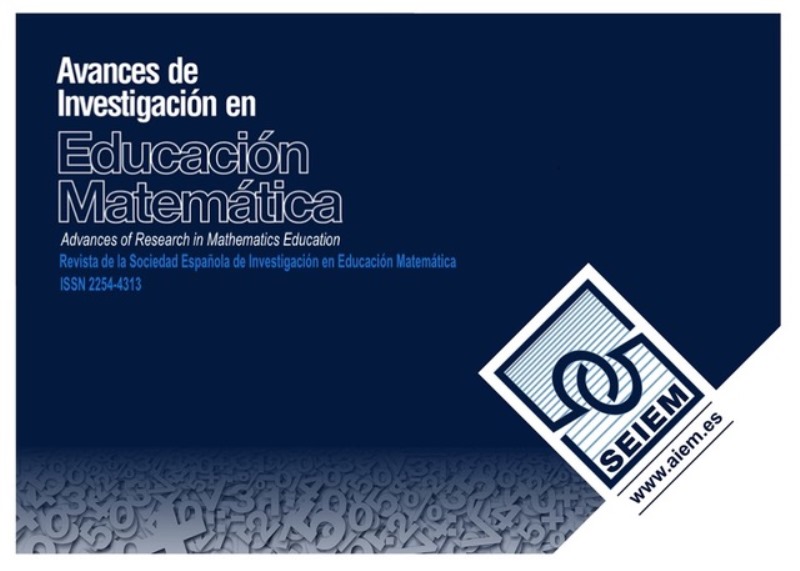Women who read, write and calculate to participate in the family and local economy
DOI:
https://doi.org/10.35763/aiem.v0i19.396Keywords:
Mathematics education for non-literate women adults, sociocultural practices, knowledge exploration, mathematics didactical designsAbstract
This article reports on the mathematical knowledge identified within two groups of indigenous women in two Mexican regions, with poor or no schooling. The body of mathematical knowledge is identified through exploratory situations whose design was based on a characterization of daily and working activities in which the women of each group participated. The crossing of theoretical and analytical lenses, which is put into discussion, allowed us to produce such an identification. Our purpose is to provide elements for the design of didactic situations that, on the one hand, draw on knowledge built by the participants in their social and cultural activities and, on the other hand, promote the progressive construction of newer mathematics learning
Downloads
Downloads
Published
How to Cite
Issue
Section
License
The articles published in this journal are under a license Creative Commons: By 4.0 España from number 21 (2022).
Authors who publish with this journal agree to the following terms:
- Authors retain copyright and keep the acknowledgement of authorship.
- The texts published in this journal are – unless indicated otherwise – covered by the Creative Commons Attribution 4.0 international licence. You may copy, distribute, transmit and adapt the work, provided you attribute it (authorship, journal name, publisher) in the manner specified by the author(s) or licensor(s). The full text of the licence can be consulted here: http://creativecommons.org/licenses/by-nc/4.0.
- Authors are able to enter into separate, additional contractual arrangements for the non-exclusive distribution of the journal's published version of the work (e.g., post it to an institutional repository or publish it in a book), with an acknowledgement of its initial publication in this journal.
- Authors are permitted and encouraged to post their work online (e.g., in institutional repositories or on their website) prior to and during the submission process, as it can lead to productive exchanges, as well as earlier and greater citation of published work (See The Effect of Open Access).









